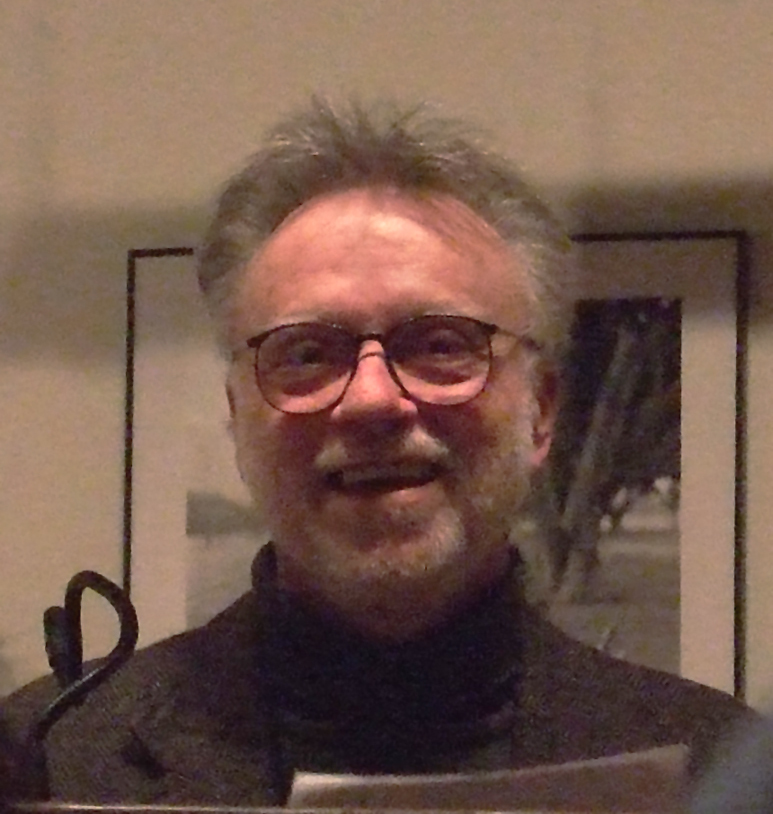 author
authorDiscover the Best Books Written by William Golding
Sir William Gerald Golding CBE FRSL was a British novelist, playwright, and poet. Best known for his debut novel Lord of the Flies (1954), he published another twelve volumes of fiction in his lifetime. In 1980, he was awarded the Booker Prize for Rites of Passage, the first novel in his sea trilogy, To the Ends of the Earth. He was awarded the 1983 Nobel Prize in Literature.
As a result of his contributions to literature, Golding was knighted in 1988. In addition, he was a fellow of the Royal Society of Literature. In 2008, The Times ranked Golding third on its list of "The 50 greatest British writers since 1945."
While still a teacher at Bishop Wordsworth's School in 1951, Golding began writing a manuscript of the novel initially titled Strangers from Within. In September 1953, after rejections from seven other publishers, Golding sent a manuscript to Faber and Faber and was initially rejected by their reader, Jan Perkins, who labeled it as "Rubbish & dull. Pointless". His book, however, was championed by Charles Monteith, a new editor at the firm. Monteith asked for changes to the text, and the novel was published in September 1954 as Lord of the Flies.
After moving in 1958 from Salisbury to nearby Bowerchalke, he met his fellow villager and walking companion James Lovelock. The two discussed Lovelock's hypothesis that the living matter of the planet Earth functions like a single organism. Golding suggested naming this hypothesis after Gaia, the personification of the Earth in Greek mythology and the mother of the Titans. His publishing success made it possible for Golding to resign from his teaching post at Bishop Wordsworth's School in 1961. Instead, he spent that academic year in the United States as a writer-in-residence at Hollins College (now Hollins University) near Roanoke, Virginia.
Golding won the James Tait Black Memorial Prize for Darkness Visible in 1979 and the Booker Prize for Rites of Passage in 1980. In 1983, he was awarded the Nobel Prize for Literature and was, according to the Oxford Dictionary of National Biography, "an unexpected and even contentious choice." In 1988, Golding was appointed a Knight Bachelor. Then, in September 1993, only a few months after his unexpected death, the First International William Golding Conference was held in France.
His first novel, Lord of the Flies, describes a group of boys stranded on a tropical island descending into a lawless and increasingly wild existence before being rescued. The Inheritors (1955) depicts a tribe of gentle Neanderthals encountering modern humans, who, by comparison, are deceitful and violent. His 1956 novel Pincher Martin records the thoughts of a drowning sailor. Free Fall (1959) explores the issue of freedom of choice. The novel's narrator, a World War Two soldier in a German POW Camp, endures interrogation and solitary confinement.
After these events and while recollecting the experiences, he looks back over his choices, trying to trace precisely where he lost the freedom to make his own decisions. The Spire (1964) follows the construction (and near collapse) of an impossibly large spire on the top of a medieval cathedral (generally assumed to be Salisbury Cathedral).
Golding's 1967 novel, The Pyramid, consists of three linked stories with a shared setting in a small English town based partly on Marlborough, where Golding grew up. The Scorpion God (1971) contains three novellas. The first is set in an ancient Egyptian court ("The Scorpion God"); the second describes a prehistoric African hunter-gatherer group ("Clonk, Clonk"); and the third is in the court of a Roman emperor ("Envoy Extraordinary"). The last of these, initially published in 1956, was reworked by Golding into a play, The Brass Butterfly, in 1958. From 1971 to 1979, Golding published no novels. After this period, he published Darkness Visible (1979): a story involving terrorism, pedophilia, and a mysterious figure who survives a fire in the Blitz and appears to have supernatural powers.
In 1980, Golding published Rites of Passage, the first of his novels about a voyage to Australia in the early nineteenth century. The book won the Booker Prize in 1980, and Golding followed this success with Close Quarters (1987) and Fire Down Below (1989) to complete his 'sea trilogy,' later published as one volume entitled To the Ends of the Earth. In 1984, he published The Paper Men: an account of the struggles between a novelist and his would-be biographer.
Best author’s book





















